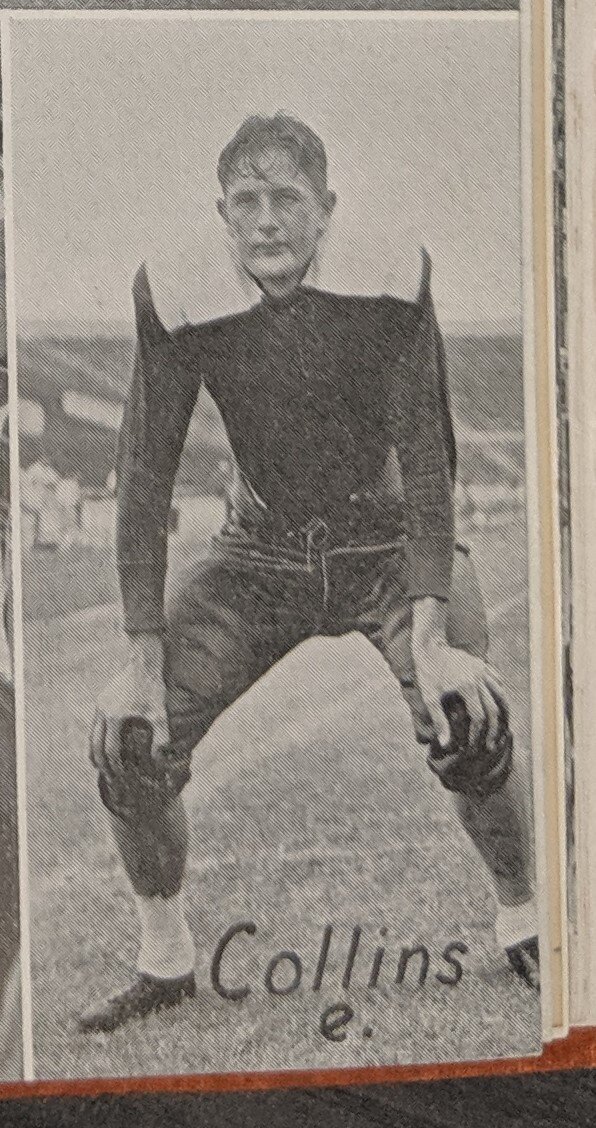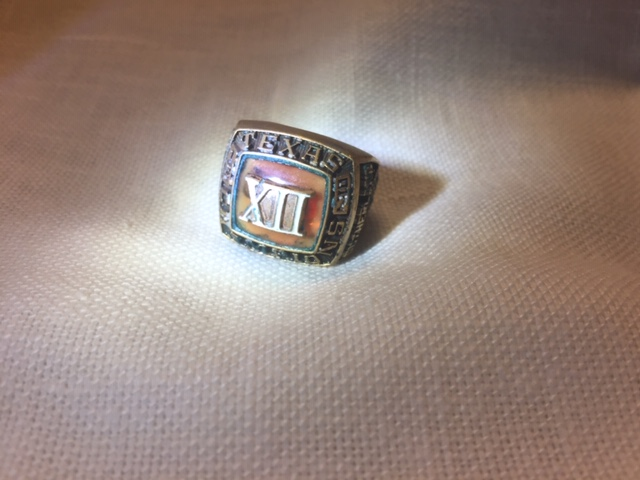The good, bad, and ugly of overachieving
Overachieving – the good, bad, and ugly
Madonna says :
Overachievers strive for perfection, which can be a desirable quality in sports but may not always lead to success for students and employees. According to the dictionary, an overachiever is someone who achieves superior results through excessive effort. Coach Rick Pitino defines an overachiever in sports as someone who is willing to pay the price to get so much more out of their performance. Venus Williams, the great tennis player, also identifies as an overachiever, stating that she works hard and repeats the process over and over again. Initially, I believed that being an overachiever in all aspects of life was good. However, on reflection, I have come to realize that overachieving is not always an asset to a fulfilling life. Overachieving sometimes hinders personal and social growth due to their pursuit of perfection. Psychologists suggest that overachievers are motivated by a fear of failure, which can be detrimental to personal growth. I can attest to this as I have feared failure for most of my life. By not wanting to fail, I chose not to participate in one of life’s best learning tools: making mistakes and learning from them.
Employees and Employers
Psychologists say that overachieving employees’ whole decision process is motivated by a fear of failure. Many OA’s (overachievers) do not understand that failure is a critical component in learning and character development. Living life with a fear of failing usually thwarts an individual’s mental and social development and, by extension, reduces their quality of life. To paraphrase Yoda, “You want to know the difference between a Master” and an overachiever with a fear of failure? “The Master has failed more times than the” OA will ever try. The point is you can’t master life and enjoy all of its precious qualities living a life controlled by fear of failure.
Charles Suscheck and Andrew Fuqua wrote an article about employees titled “Overachievers on Agile Teams” that warns employers that if they do not control a domineering OA, a disastrous effect on the dynamics and well-being of a company could occur. Managers who judge other employees based on overachievers’ standards make a critical mistake that could lead to many morale issues. Management saying to other employees that “Joe’s a good coder and puts in his forty-five hours, but Fred is working even more hours and doesn’t waste time playing games at lunch with the others” is a mistaken strategy for employers. Management often favors a person like Fred and overlooks and ignores someone like Joe.”
Quality managers understand that n OA left unchecked will add stress and hurt “team growth, mutual trust, group direction, commitment.
Supervisors must learn to publicly recognize the OA’s importance to the organization while focusing most of the praise on the team’s success. As the photo to the left illustrates, management must find a way to symbolically celebrate the ant (OA) who carries the team load across the finish line while celebrating the team who “built” the crackers.
Perfectionism
A story is told about a student who started crying one day because he got his first A-minus in school. That moment should never happen. Perfectionism in life is not worth it. I know I was a perfectionist. Perfectionism leads to nothing but unhappiness and mental health issues. Student stress levels are so high that anxiety has replaced depression as the number one reason for counseling. The cult of perfectionism in high school and college is because students know that top marks are the only ticket to elite graduate schools and lucrative job offers.
Psychologists say that those who strive for perfection pay a heavy mental price for reaching their “potential.” These types of students tend to let nothing stop them from success. They strive for perfection, which is a sure way to guarantee to expose imperfection. Student Overachievers who are disappointed with a GPA of 3.9999999 instead of 4.0 are setting themselves up for a miserable life.
Alexandra Robbins blames the 3.9999 syndrome on an educational system that demands excellent grades to attend “great” Universities. In her book The Overachievers—The Secret Lives of Driven Kids, she sees a piece of “crushing cultural machinery that drives adolescents to the brink, flattening out their personalities, and warping their characters while pressing them to become perfect.”
Athlete Overachievers
In former Longhorn football player R.E. Peppy Blount’s book Mommas, Don’t Let Your Babies Grow to Play Football, Coach Akers says, “99% of all the football players I coached were overachievers.”
>
““Success is a journey, not a destination. The doing is often more important than the outcome.” Arthur Ashe.”
Athletes who overachieve usually represent the “good.” They prepare themselves for game day, and by doing so, they are an asset, not a liability to the team. Tommy Nobis was not only a great athlete, but he was a classic overachiever- “one who receives superior results through excessive effort.”
Tommy did not acquire a 19″ neck by accident. When the UT football staff did not believe in weight lifting, Tommy had the UT trainers build him a machine that he used to strengthen his neck.
Administrators in high school told DKR he was too small to try out for the football team, but DKR was not only an overachiever but also an “overbeliever.” DKR believed he was bigger and faster than anyone. Instead of listening to his contemporaries, DKR listened to his heart, made the high school team, and completed his education as an All-American at OU.
As the Longhorn head coach from day one, Royal understood the psychology that motivated over-achievers. Royal knew that young men who successfully overcame athletic deficiency in high school did so by using heart, attitude, spirit, and a work ethic to succeed, and those were the type of players Royal wanted on his team.
DKR knew that OAs were self-starters. Like Venus Williams, Longhorn overachievers voluntarily chose to study the opposing teams’ game films “repeatedly.” Hence, by game day, the players were ready. Prepared-on-game-day instincts and reflexes took over, and the Longhorns won the game more often than not.
In 1963 when Texas played Navy for the National Championship, some of the East Coast writers wrote some articles making fun of the Longhorn guys with skinny legs and no butts. East Coast freelance writer Myron Cope stated that Texas is “the biggest fraud ever perpetrated on the football public… Texas plays the kind of football that was fashionable when players wore perforated cowhide helmets…Duke Carlisle executes a hand-off like a construction foreman passing a plank to a carpenter”.
Mr. Cope and many other sportswriters failed to understand that the 1963 Longhorns took over believing to a spiritual level and converted over achieving into physical and mental strength.
On January 1, 1964, the Longhorns made believers out of football fans and the Navy football team. Especially Roger Staubach, who said after the game, “I hope I never see this place (Cotton Bowl) again.” But of course, he did as a Dallas Cowboy.
In the 4th quarter of my life, I am no longer a perfectionist who is never happy. I still overbelieve and push myself to excel, but I no longer fear failure.
Horns Up!
Billy Dale – proud member of the 1967 Longhorn football recruiting class.












